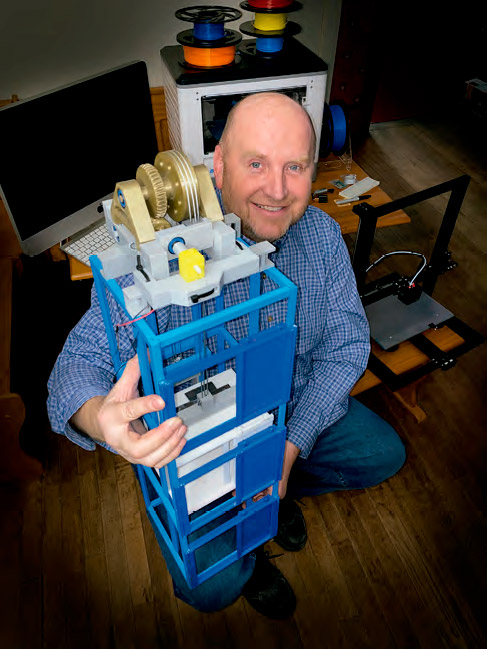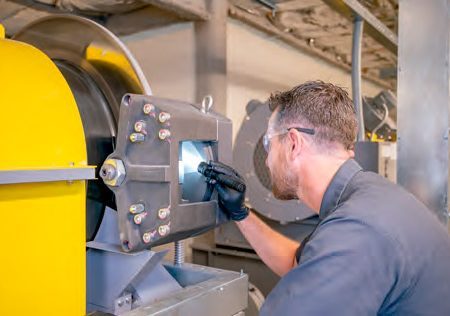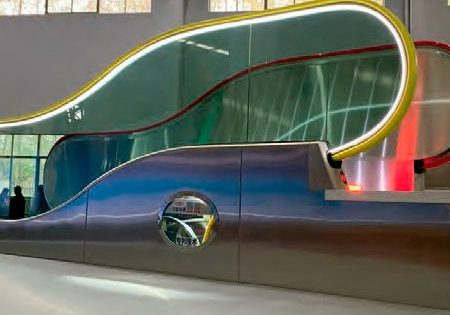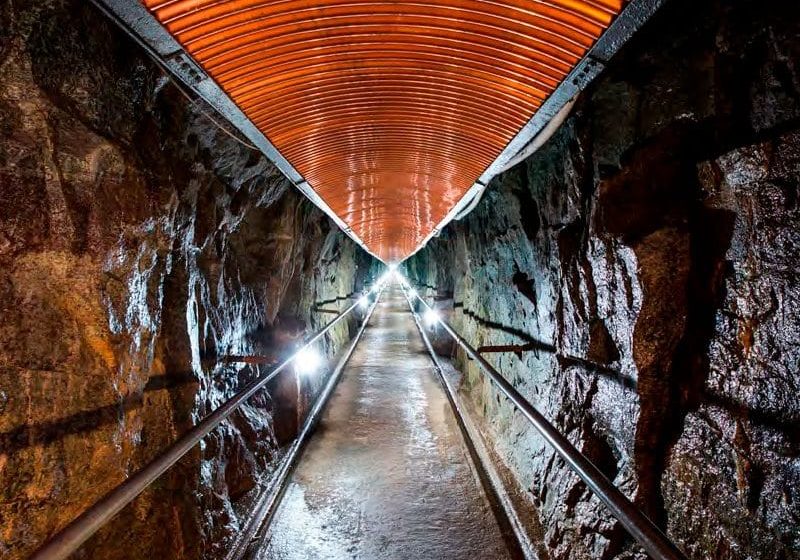Making It Small
Feb 1, 2021

KONE mechanic David Youhas’ 3D-printed model elevator is a project he hopes will inspire others.
3D printing has empowered “maker culture” for entirely new, technology-enabled generations of inspired tinkerers who see the possibilities these devices offer. One such maker, David Youhas, a KONE mechanic in the Springfield, Illinois, office, hopes his model elevator will inspire others to embrace the opportunities offered by 3D printers.
“Years ago, I made a simple wooden five-stop elevator,” Youhas, a 30-year elevator industry veteran, recently told ELEVATOR WORLD. “It was gigantic, heavy, not easily portable, [and the] controller weighed almost as much as the elevator.” While this was a noteworthy project, Youhas knew there had to be a better way, and, sure enough, he eventually found it: “When I saw that 3D printers were available to consumers, I had to have one,” he said. “This previous project became exciting again when I realized I could make tiny, functional moving parts, like a working door operator and worm gear drive.”
With an array of 3D printers — he has 23 of the devices — Youhas has been fabricating and assembling parts for his three-stop elevator and hoistway. Using a filament made of polylactic acid, his printers churn out plastic pieces designed to precise standards. It’s been something of a labor of love: he has invested about two years into the project. In fact, the work was put on the back burner for a while as the pandemic gripped the country. Seeing a need, he redirected his efforts to help with the fight against the virus. “I had my printers printing [personal protective equipment] for first responders — police, firemen, doctors and various healthcare providers,” he explained.
It may seem like overkill having so many printers, but Youhas says there is a need: “The reason for so many is to compensate for the slow printing time of 3D printers. I can mass-print pieces across multiple printers and get the product completed faster.”
Regarding the technology, Youhas says, “I would love to share the project and inspire others with the unlimited possibilities with 3D printing.” To that end, he’s considering donating the finished elevator to a children’s museum. But, don’t think that will be the end of his miniature vertical-transportation projects: next is a 3D-printed escalator.
To view videos of the elevator in action or for more information, search online for #3dprintedelevator.
Elevator Components
- Controller: Arduino microprocessor on a small, open-source board that can be used in a wide range of computerized projects (programmed by Youhas’ son, Andrew)
- Machine and door operators: Small, geared, variable-speed DC motors; door operator frame is 3D-printed and holds the motor, belt, drive pulley and idler
- Ropes: Aircraft cable
- Cab: 3D-printed
- Counterweight: 3D-printed plastic frame with weights made from thin bar steel, cut to size
- Door components: The doors, tracks, hangers, rollers and gibs are all 3D printed, except for the small nail axle that attaches the rollers to the doors.
- Hoistway components: The sheave, worm gear, A-frames, hoistway frame and T-rails were printed, then glued and assembled.
As of late 2020, Youhas had several parts yet to install in the elevator, including the door operator and clutch, door photo eyes, hall buttons, traveling cable and operating software for automatic operation.
Get more of Elevator World. Sign up for our free e-newsletter.







